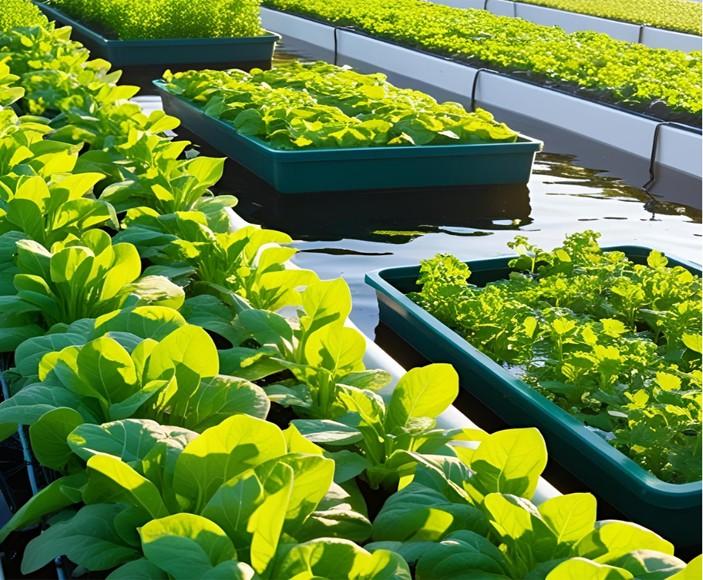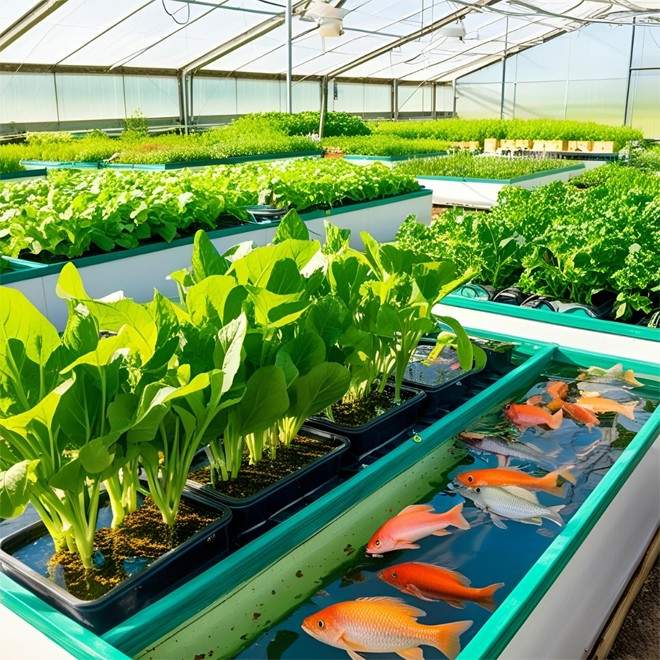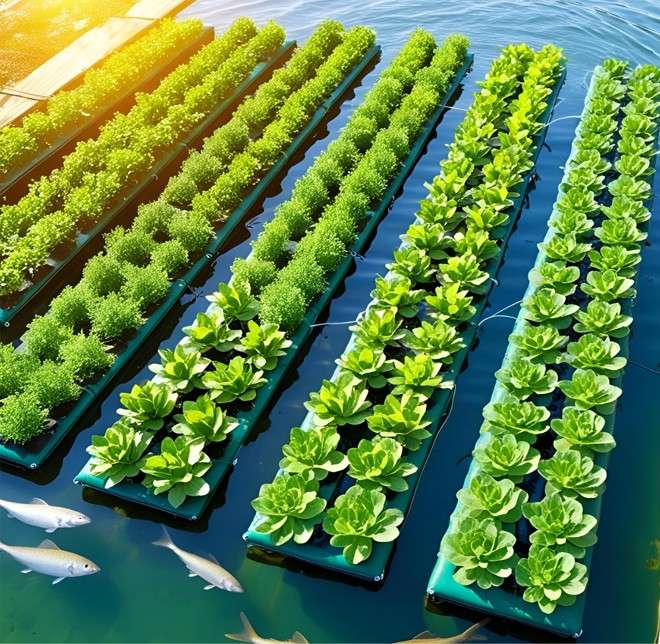

Aquaponics has a lot of potential for sustainable agriculture because it reduces environmental impact while utilizing resources efficiently. The advancement of this sustainable farming technique is greatly aided by aquaponics consulting services.
Farmers can receive guidance from our advisors on how to run their businesses more sustainably, including using renewable energy sources, organic pest treatment, and water-saving methods. By encouraging eco-friendly practices and lowering dependency on artificial inputs, aquaponics experts can make agriculture more sustainable overall.
Contact Us
Aquaponics is an agricultural practice that blends soilless plant culture (hydroponics) with recirculating aquaculture (growing fish in tanks). In aquaponics, the fish's nutrient-rich water serves as a natural fertilizer for the plants, while the plants also help to clean the water for the fish. Year-round, in any environment, aquaponics can be utilized to produce fresh fish and vegetables for a family, to feed a village, or to make money for a commercial farming operation.
A solid education and training foundation are necessary to become a successful aquaponics consultant. Successful consultants are well-versed in biology, technology, and aquaponics principles.
Programs for education and training assist prospective consultants in gaining the requisite skills. Topics like business development, integrated pest management, water quality control, and aquaponic system design are covered in these seminars. People can acquire the information and abilities needed to deliver significant and successful consulting services through thorough training.

Aquaponics requires only 10–20% of the water used in traditional farming to grow plants.
We cannot use chemical fertilizers or pesticides on fish because they share the same ecology, making the produce entirely organic. An entirely organic producing method is aquaponics.
In contrast to conventional farming, plants in aquaponics systems flourish and grow up to two or three times quicker since there is a steady supply of nutrient-rich water.
The likelihood of weed growth and soil-borne problems is reduced by up to 99% when plants are grown on a floating medium above the water or on a gravel bed.
The aquaponics system allows us to grow both vegetables and fish, which benefits the gardener in two ways.
Comparing manual labor to traditional farming, 50% less hours are spent because there are no weeds or soil-borne problems. The workload is significantly decreased with careful planning and the design of an aquaponic system.